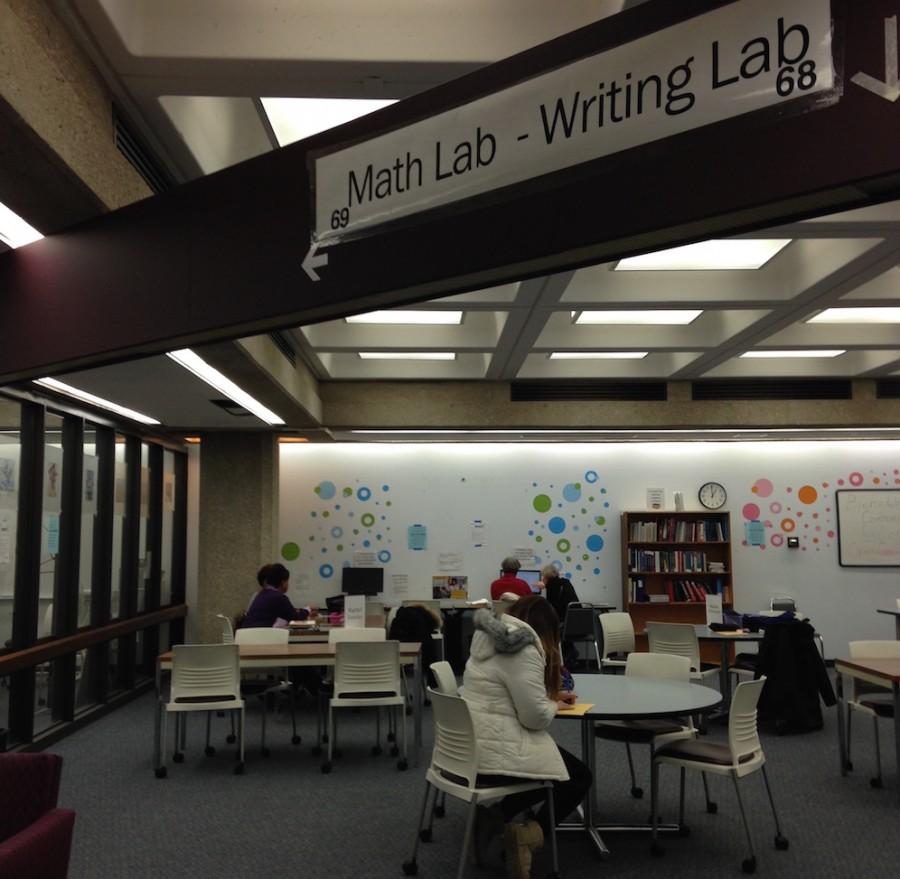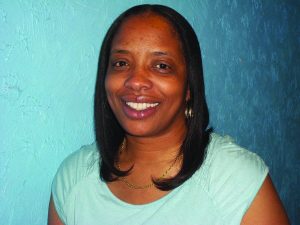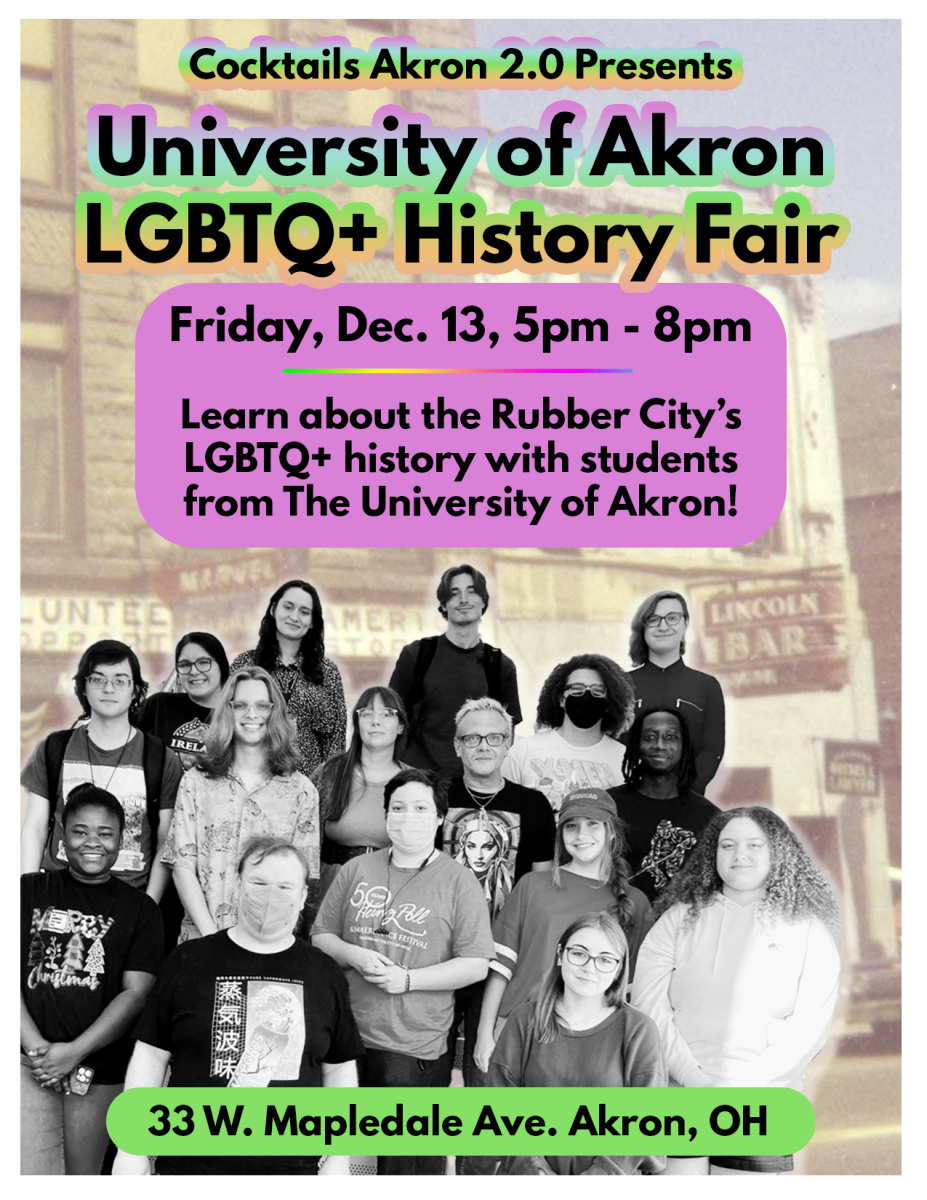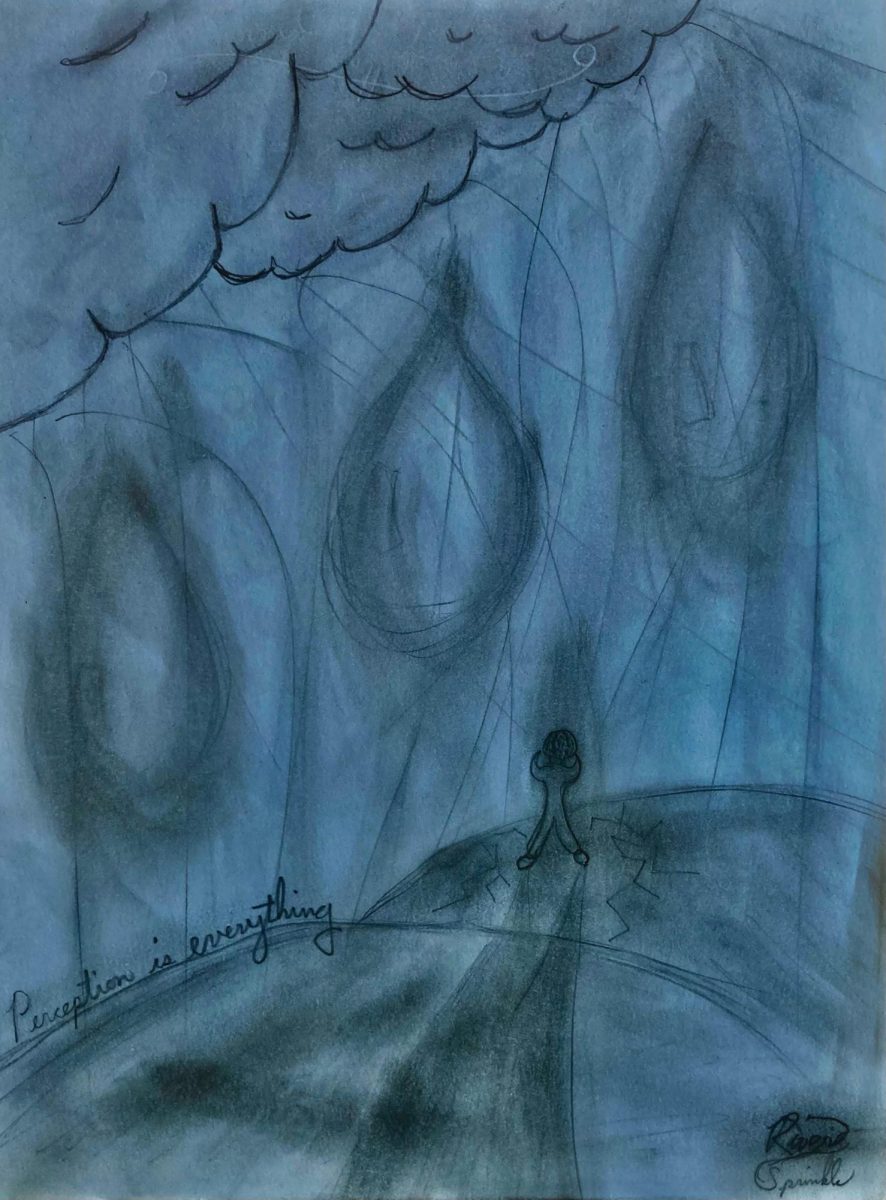Tutoring ensures continued student success
Writing and Math Lab open to students on ground floor of Bierce Library and in Polsky Building.
January 26, 2015
With the start of a new semester, UA’s tutoring services are here to ensure that students achieve and maintain success in their studies.
Tutoring is free for all current UA students; this contrasts with many nearby universities who make students pay out-of-pocket for tutoring.
“They really need to take advantage of it because it’s free,” said Chris Kolaczewski-Ferris, director of the Office of Student Academic Success. “It’s like having a gift card; and if you don’t use the gift card, you’re losing out.”
Bierce Library’s ground floor is the hub for UA tutoring and offers the most extensive assistance with a writing lab, a math lab, peer tutoring and learning assistant study sessions.
Learning assistants are trained for specific courses and work between professors and students throughout the semester. Tables are reserved regularly in the library for sessions with these tutors.
Most tutoring focuses on first and second year courses, but Bierce Library’s writing lab helps students in basic English courses all the way up to graduate-level courses. It’s available for public speaking and oral communication courses as well.
UA’s smaller tutoring satellite is in the Polsky Building, where there is a writing lab, a math lab and a center that specifically helps students improve such study skills as time management and reading comprehension.
Polsky is unique in that students who need help with math are allowed one-on-one tutoring for up to one hour each day for five days a week.
As is the same for both centers, there is a mix of current students and faculty who tutor. But those looking for help with a subject are not the only ones who benefit.
“I think [tutoring] definitely benefits the peer tutors almost as much as it benefits some of the students that they are helping. The bulk of our tutors are peer tutors,” said Andrew Richardson, co-ordinator of Polsky Tutoring Services.
Tutoring is not limited to Bierce Library and the Polsky building. If students find they need help on the weekends—when the physical tutoring centers are closed—they can use UA’s e-tutoring program. This program gives students nearly the same help they would receive in person and in all subjects. Students can even send their essays to tutors who will then email them back with comments and edits.
Though tutoring at UA attracts many students, Kolaczewski-Ferris thinks there could be more.
“I think tutoring still has the stigma that it is not for the ‘bright students,’ but that’s not the case at all. Even our tutors use other tutors. We’ve got to get rid of that stigma that tutoring is a negative thing,” Kolaczewski-Ferris said.
More information on hours and the help that is offered can be found on UA’s tutoring website.









